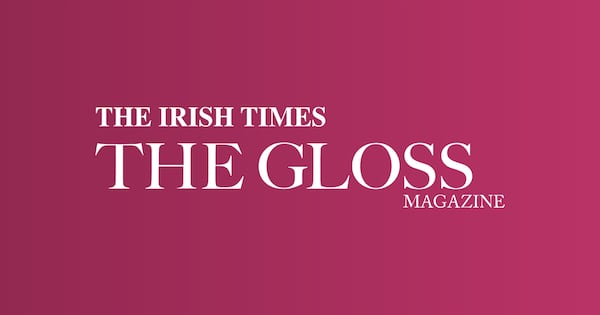Julia Vilka, a beauty-salon owner, says she has not done any treatments for herself during the three months of lockdown that her business has been closed, so that she can understand how her clients feel.
“I don’t want to walk around all beautiful, with the fancy lashes and nails, even when I can do them for myself, because I feel sorry for [customers] who are waiting for us.”
The wait will come to an end on Monday, when about 4,000 spas and beauty salons across the State will be permitted to reopen as Covid-19 restrictions ease.
In anticipation of reopening her salon, at Belgard Heights Shopping Mall in Dublin, Vilka started a waiting list, and says clients are block-booking appointments until Christmas, with the most popular treatments after lockdown being eyebrow shaping and facials.
It will, however, not be business as usual. Therapists at Vilka’s salon will be allocated one room to work in, which they must sanitise after each client, and will be required to wear masks and gloves, with visors or glasses, depending on the treatment. Clients will also be asked to wear masks, but this remains optional, she adds.
We're still going to do massages, but these will be massages with bamboo, where there's no physical contact between the therapist and guest
In the spa at the Cliff at Lyons hotel, in Co Kildare, therapists will also wear visors and masks, with gloves an optional extra, depending on what a guest is comfortable with, says its general manager, Michael Masterson. Their space has been redesigned to create more private treatment rooms, which have also had a makeover, going from dark, candle-lit rooms to bright, open spaces with air filters and sanitation stations.
The Cliff team conducted a risk analysis of all their treatments and, for the foreseeable future, facials are off the menu and there will be just three types of massage available, including one no-touch offering.
“We’re still going to do 60-minute massages, but these will be massages with bamboo, where there’s no physical contact between the therapist and guest,” says Masterson. “It’s a massage using treated bamboo with lavender, using pressure points that you can’t traditionally get with your hands.”
Peigín Crowley is a consultant in the beauty industry, and cofounder of the Irish Spa Association, which recently issued guidelines on reopening for the industry.
“If you’re having a massage, or a facial, or your brows done, you cannot socially distance, therefore you must use personal protective equipment. And each business will need to use different amounts, depending on whether you’re in a big room with ventilation and you’re doing manicures and pedicures with screens, or if you don’t use screens and instead use gloves and masks and visors.”
Although spas and salons already used PPE for many treatments, both Vilka and Masterson say the new levels will increase costs significantly.
“Spas are cost-heavy at the best of times,” says Masterson. “The level of PPE that’s required [to reopen] is double the cost to operate a spa than a restaurant.”
To cover the extra cost of PPE, prices have increased at the Cliff at Lyons spa, and only 50 per cent of staff will be coming back to work when they reopen, although they will look to bring all staff back as soon as possible.
Vilka will not be increasing her prices, but she worries she may lose between one-third and half of her business to the underground market – that is, therapists providing treatments in clients’ homes – which has continued under lockdown.
We are not on the frontline, but we are on the response line... We still want to mind people. It's in our bones
Crowley says this market has always been present in their industry, but there are now more risks attached: “The people going into homes are more at risk of spreading the virus, going from home to home, than being in a sanitised space. They’re also not insured. There’s a high risk with that.
“And, then, the other side is that for business owners, who are paying rent and rates and operating a business, they have invested in and built up their clients. It’s deeply dishonourable for people to take client lists and go to homes.
“I’ve heard of a lot of botched jobs in Botox; it’s about going with the right businesses who have the high standard in sanitation and disinfection.”
Despite the preparation required, Vilka, Masterson and Crowley are all looking forward to the industry reopening.
“We are not on the frontline, but we are on the response line,” says Crowley. “There are so many people who have suffered loneliness or grief, who usually have treatments, and understand the power of touch, whether it’s reiki or massage or just self-care, to have treatments regularly, and it’s just how [that person] minds themselves.
“We still want to mind people. It’s in our bones.”










